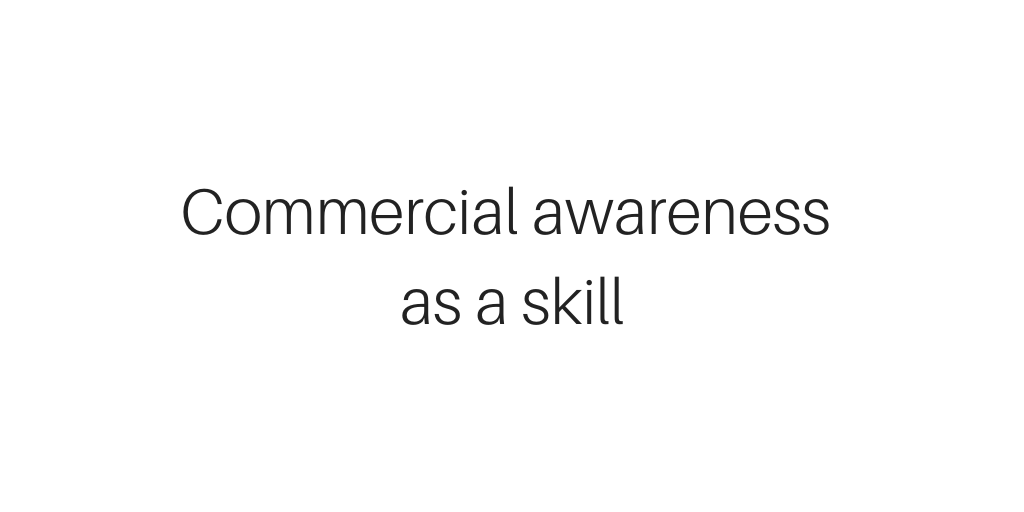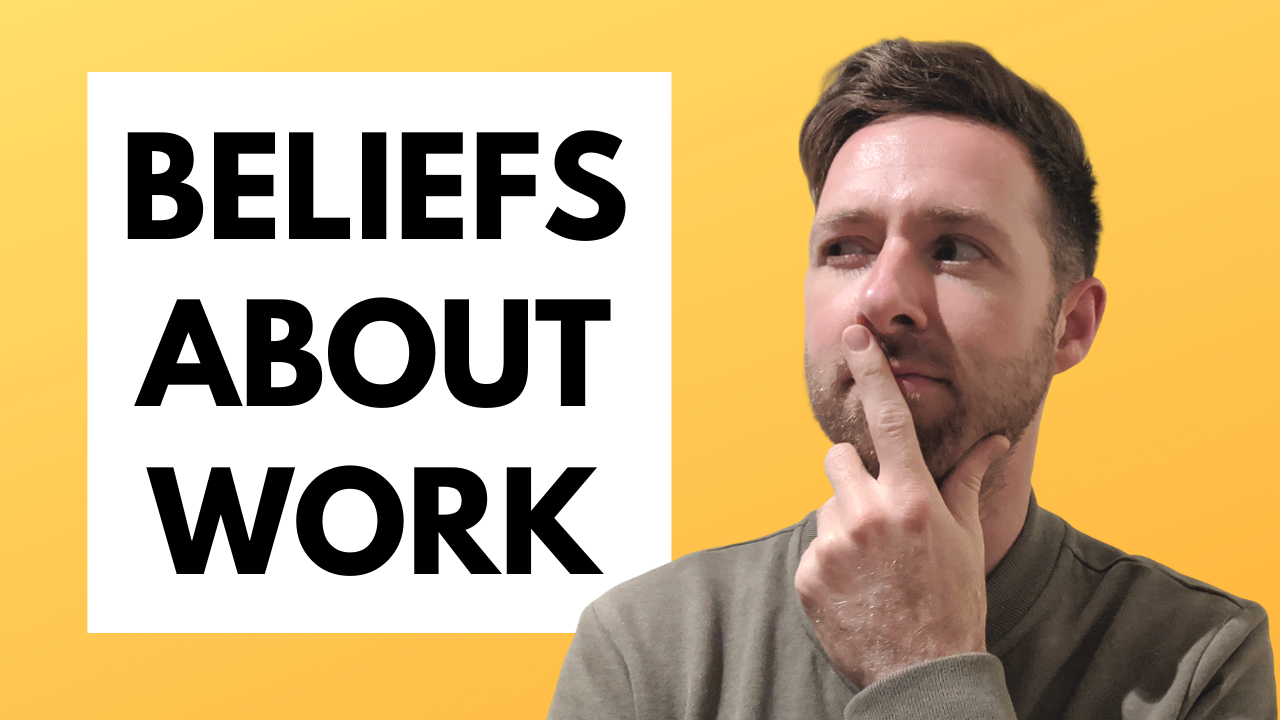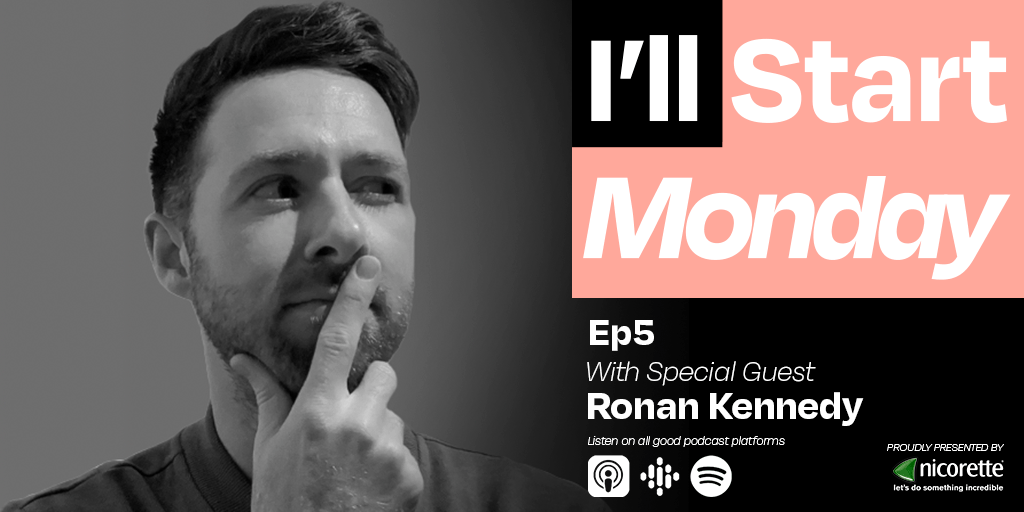Panel only seen by widget owner
Five things to do before leaving a job
Quitting is a job can be difficult. We worry about the consequences for our
career, the rebuttal from our manager, and perhaps most of all, the awkward
conversation. Lots of different thoughts can go through your mind from, “
what if they ask me to stay?”, and “what if they offer me a different
position that I don’t want?”, to “what if they guilt me into staying for
another few months?”, and “what should I do if they promise me there will
be changes, when I know that in reality nothing will change?”. And so on…
But how can you deal with this situation?
career, the rebuttal from our manager, and perhaps most of all, the awkward
conversation. Lots of different thoughts can go through your mind from, “
what if they ask me to stay?”, and “what if they offer me a different
position that I don’t want?”, to “what if they guilt me into staying for
another few months?”, and “what should I do if they promise me there will
be changes, when I know that in reality nothing will change?”. And so on…
But how can you deal with this situation?
Read more

Career Coaching Workshops Online
Find out more & register interest: https://www.ronankennedy.ie/workshops
Discussing a live group career coaching workshop aimed at anyone who wants
to build confidence, find jobs, change careers, or simply develop
professionally. We’ll meet twice a week over the course of three weeks.
You’ll be able to ask questions and discuss the topics with the group. It
will introduce you to some of the best tools, techniques, strategies and
approaches to meet today’s career challenges.
I’ll be covering all of the typical challenges, concerns and obstacles.
This will be a great format to facilitate you changing jobs as it will
allow you to have 6 workshop sessions and receive moral support from the
rest of the group and me, of course! In addition, you’re welcome to book
some individual sessions if you feel you’ve got some special concerns that
you’d prefer to discuss privately.
Discussing a live group career coaching workshop aimed at anyone who wants
to build confidence, find jobs, change careers, or simply develop
professionally. We’ll meet twice a week over the course of three weeks.
You’ll be able to ask questions and discuss the topics with the group. It
will introduce you to some of the best tools, techniques, strategies and
approaches to meet today’s career challenges.
I’ll be covering all of the typical challenges, concerns and obstacles.
This will be a great format to facilitate you changing jobs as it will
allow you to have 6 workshop sessions and receive moral support from the
rest of the group and me, of course! In addition, you’re welcome to book
some individual sessions if you feel you’ve got some special concerns that
you’d prefer to discuss privately.
Read more
Commercial awareness as a skill
Commercial Awareness is worth clarifying. It relates to the ability to
increase revenue or reduce costs. You could also think of it in terms of
understanding the cost/benefit of undertaking an initiative or plan. Is it
worth your while? Is it worth the risk? Does the organisation stand to
benefit from it more than the cost?
increase revenue or reduce costs. You could also think of it in terms of
understanding the cost/benefit of undertaking an initiative or plan. Is it
worth your while? Is it worth the risk? Does the organisation stand to
benefit from it more than the cost?
Read more

Replacing limiting beliefs
Belief changes everything. If you believe you can, it makes sense to go for
your goals. If you believe you can't, you may feel disempowered and
frustrated. But beliefs come from different places and vary greatly
depending on the person. Beliefs cross every aspect of our lives from work
to relationships to political affiliations. Many of our beliefs are so
unconscious that we consider them more like facts than just beliefs. In
reality, they may be unique to us. When I was in school, I had a belief
that I'd have to learn a language to set myself apart from the competition.
That belief wasn't true or helpful. In fact, it sent me in the wrong
direction for longer than it should have. It was a limiting belief, meaning
a belief that limited my growth.
your goals. If you believe you can't, you may feel disempowered and
frustrated. But beliefs come from different places and vary greatly
depending on the person. Beliefs cross every aspect of our lives from work
to relationships to political affiliations. Many of our beliefs are so
unconscious that we consider them more like facts than just beliefs. In
reality, they may be unique to us. When I was in school, I had a belief
that I'd have to learn a language to set myself apart from the competition.
That belief wasn't true or helpful. In fact, it sent me in the wrong
direction for longer than it should have. It was a limiting belief, meaning
a belief that limited my growth.
Read more

Competency interview questions
Competency-based interviews are aimed at finding out if you can demonstrate
your abilities by describing past professional experiences. Every time you
hear a question that starts with "tell me a time when…" or "could you give
me an example of…", you're being asked about your experiences. Many people
will wonder how much detail they should go into — the answer is to be
detailed yet concise while sticking to what's relevant. A good rule of
thumb is to provide as much detail as possible once it adds value. It's
worth having two examples for each question just in case the interviewer
asks for another — it's not the sort of question you want to get stumped
on. Also, it's best to use a set structure for your answers, such as the
STAR model:
your abilities by describing past professional experiences. Every time you
hear a question that starts with "tell me a time when…" or "could you give
me an example of…", you're being asked about your experiences. Many people
will wonder how much detail they should go into — the answer is to be
detailed yet concise while sticking to what's relevant. A good rule of
thumb is to provide as much detail as possible once it adds value. It's
worth having two examples for each question just in case the interviewer
asks for another — it's not the sort of question you want to get stumped
on. Also, it's best to use a set structure for your answers, such as the
STAR model:
Read more

Benefits of expressive writing
If you’ve had a bad experience at work recently, expressive writing is a
good way of mentally processing your situation. Expressive writing is the
act of writing freely to express your emotions. It allows you to confront
what happened, reduce upset over sensitive issues (e.g., workplace
conflict, redundancy, unfair dismissal, bullying) and provide you with a
way of releasing tension surrounding the issue. It has been proven to
increase the chances of reentering the workforce for people who’ve been
laid off.
good way of mentally processing your situation. Expressive writing is the
act of writing freely to express your emotions. It allows you to confront
what happened, reduce upset over sensitive issues (e.g., workplace
conflict, redundancy, unfair dismissal, bullying) and provide you with a
way of releasing tension surrounding the issue. It has been proven to
increase the chances of reentering the workforce for people who’ve been
laid off.
Read more

How to explain leaving a job or business
If you left a job recently, it's important to have a good story for why you
left (be positive, be gracious, and be clear). Don’t over-elaborate on what
happened — that may lead to difficult questions. Be able to tell them how
you benefited from the position, what you achieved and what your
responsibilities were. Even if it was a nightmare situation, highlight what
you learned from it. For example, if you had a boss who couldn’t give clear
messages, you could reframe the situation, saying that you learned a lot
about communication. If you had a huge workload, you could reframe the
problem, saying that you learned how to manage multiple competing
priorities. Reframing is really all about being able to say “the glass is
half full rather than half empty”. If you want to come across well in an
interview situation, I suggest you reframe negative experiences into
positive learnings.
left (be positive, be gracious, and be clear). Don’t over-elaborate on what
happened — that may lead to difficult questions. Be able to tell them how
you benefited from the position, what you achieved and what your
responsibilities were. Even if it was a nightmare situation, highlight what
you learned from it. For example, if you had a boss who couldn’t give clear
messages, you could reframe the situation, saying that you learned a lot
about communication. If you had a huge workload, you could reframe the
problem, saying that you learned how to manage multiple competing
priorities. Reframing is really all about being able to say “the glass is
half full rather than half empty”. If you want to come across well in an
interview situation, I suggest you reframe negative experiences into
positive learnings.
Read more

Beliefs about work
We all have beliefs about life, the world, relationships and of course,
work. They can be empowering or disempowering, conscious or subconscious.
Removing limiting beliefs is a key step in achieving goals. But if we don’t
move recognise and accept where we’re getting stuck, it can be difficult to
make progress. For example, if you believed that there weren’t any
interesting jobs available right now because of market conditions, why
would you even bother looking? And then if you don’t look for them, of
course, you won’t find them. The belief stops the action and the inaction
leads to a negative result. This in turn becomes a self-fulfilling
prophecy. If you’re unsure of what your beliefs about work are, here are
some questions to get yourself started. Of course, you must answer them
honestly or else you won’t learn anything about yourself.
work. They can be empowering or disempowering, conscious or subconscious.
Removing limiting beliefs is a key step in achieving goals. But if we don’t
move recognise and accept where we’re getting stuck, it can be difficult to
make progress. For example, if you believed that there weren’t any
interesting jobs available right now because of market conditions, why
would you even bother looking? And then if you don’t look for them, of
course, you won’t find them. The belief stops the action and the inaction
leads to a negative result. This in turn becomes a self-fulfilling
prophecy. If you’re unsure of what your beliefs about work are, here are
some questions to get yourself started. Of course, you must answer them
honestly or else you won’t learn anything about yourself.
Read more

39 ways of saying 'no'
You’re busy, stressed and starting to feel overwhelmed. And why wouldn’t
you be? You’re time-poor because you always say ‘yes’ to everyone else’s
requests. What’s more, they love you for it. So while you’re benefitting in
the short term from this behaviour by receiving praise from everyone else,
it’s ultimately going to weigh down your chances of progression. In
addition, it keeps you stuck working in the business and not on the
business. In other words, you’re working tactically and not strategically.
you be? You’re time-poor because you always say ‘yes’ to everyone else’s
requests. What’s more, they love you for it. So while you’re benefitting in
the short term from this behaviour by receiving praise from everyone else,
it’s ultimately going to weigh down your chances of progression. In
addition, it keeps you stuck working in the business and not on the
business. In other words, you’re working tactically and not strategically.
Read more

Podcast: I'll Start Monday
I got a chance to sit down with DJ and presenter, Keith Walsh, to discuss
all things career in this podcast. We touched on lots of different topics
and probably could have spoken for twice as long. It was a particularly
interesting conversation because Keith himself had dealt with and
successfully overcome some challenges in his own career in recent times, so
he was no stranger to the topic
all things career in this podcast. We touched on lots of different topics
and probably could have spoken for twice as long. It was a particularly
interesting conversation because Keith himself had dealt with and
successfully overcome some challenges in his own career in recent times, so
he was no stranger to the topic
Read more



